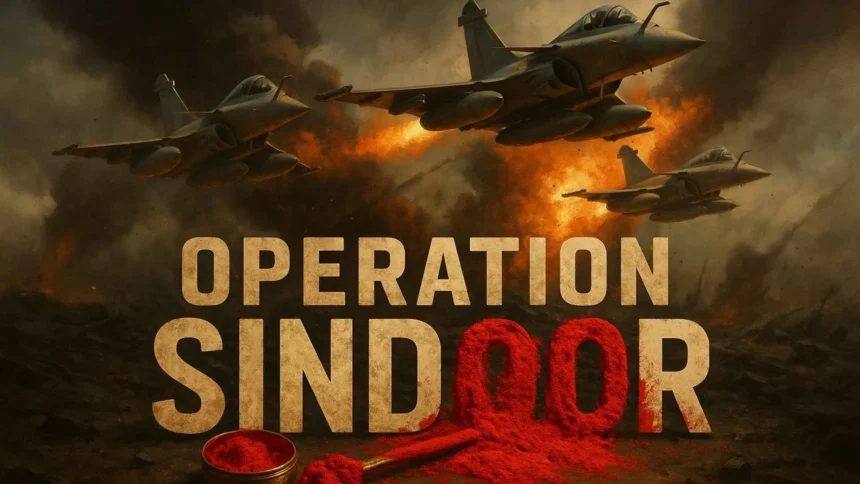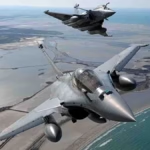Introduction
On May 7, 2025, India launched Operation Sindoor, a swift, precision military strike targeting nine terror camps in Pakistan and Pakistan-occupied Kashmir (PoK). In retaliation to the deadly Pahalgam terror attack on April 22 that killed 26 civilians, the Indian armed forces executed the 25-minute joint operation to dismantle key Jaish-e-Mohammad and Lashkar-e-Taiba bases.
The operation sparked immediate global reactions, as tensions between India and Pakistan escalated. Here are the top responses from world leaders and global institutions following India’s military offensive.

1. United States: Urging De-escalation
Former President Donald Trump called the situation a “shame,” expressing hope that peace would return soon. U.S. Secretary of State Marco Rubio echoed the sentiment, emphasizing the need for diplomatic engagement between both nuclear-armed neighbors.
2. Israel: Strong Support for India
Israel’s Ambassador to India, Reuven Azar, unequivocally backed India’s right to self-defense. “Terrorists should know there’s no place to hide,” he posted, using the hashtag #OperationSindoor. Israel continues to be one of India’s closest defense partners.
3. United Nations: Concerned About Escalation
UN Secretary-General António Guterres called for “maximum military restraint” and warned that the world cannot afford a military confrontation between India and Pakistan. The UN has historically urged peaceful resolution in the subcontinent.
4. China: A Guarded Criticism
China termed India’s military operation “regrettable” and urged both sides to act with restraint. Despite helping Pakistan at the UN post-Pahalgam attack, China’s response remained measured, possibly reflecting its strategic investments in the region.
5. Japan: Condemns Terrorism, Urges Dialogue
Japan’s Chief Cabinet Secretary, Yoshimasa Hayashi, condemned the April 22 attack and expressed worry that retaliation could spiral into war. He encouraged India and Pakistan to resolve differences through dialogue and diplomacy.
6. United Arab Emirates: Peaceful Solutions First
UAE Foreign Minister Sheikh Abdullah bin Zayed urged both countries to de-escalate and avoid actions that threaten regional peace. He emphasized the importance of diplomacy and the UAE’s support for peaceful conflict resolution in South Asia.
7. Russia: Deeply Worried
Russia, traditionally an Indian ally, expressed “deep concern” over the military tensions. Foreign Ministry spokesperson Maria Zakharova called on both nations to show restraint and avoid worsening the situation.
Conclusion
Operation Sindoor has not only altered the military dynamics in the region but also stirred a spectrum of international responses—from firm support to cautious neutrality. While some nations backed India’s stance on counter-terrorism, others stressed the importance of restraint and peaceful resolution.
As tensions persist, the global community will be watching closely. India’s evolving counter-terror strategy remains at the center of the geopolitical discourse in South Asia.
Stay tuned for more updates on India’s security and diplomatic strategies.









